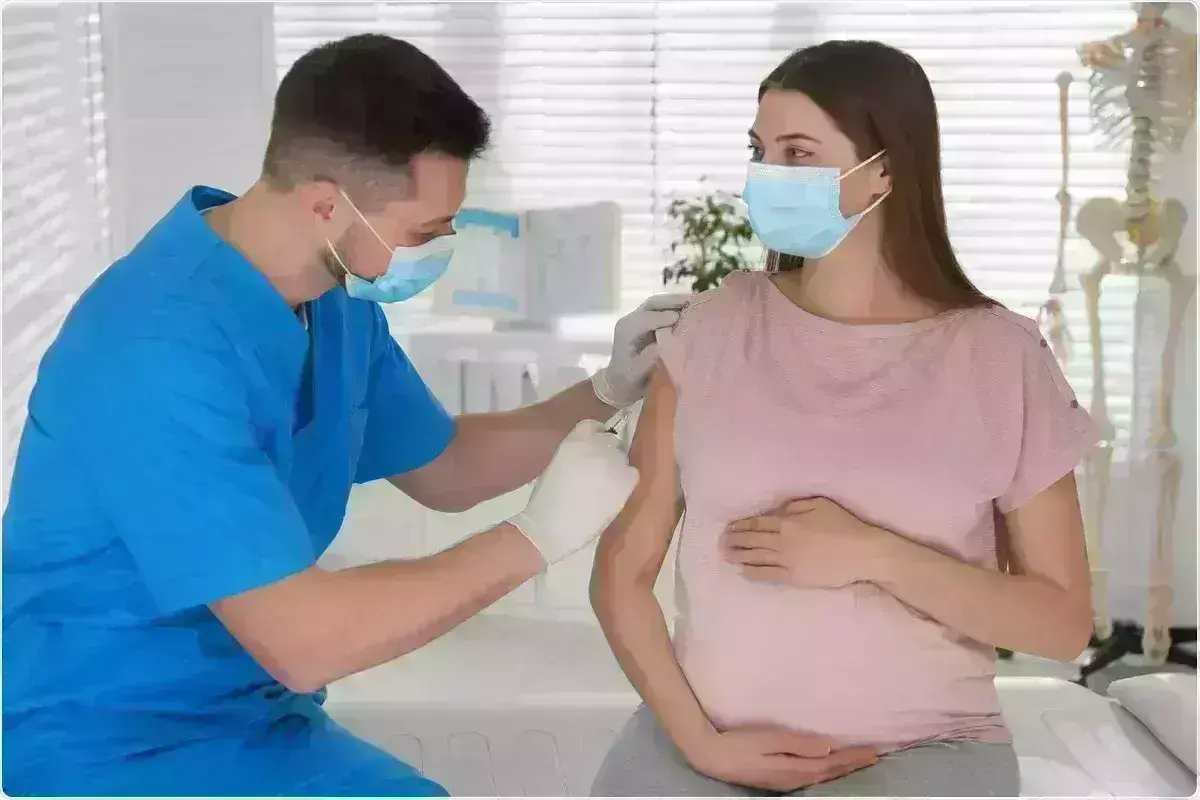- Home
- Medical news & Guidelines
- Anesthesiology
- Cardiology and CTVS
- Critical Care
- Dentistry
- Dermatology
- Diabetes and Endocrinology
- ENT
- Gastroenterology
- Medicine
- Nephrology
- Neurology
- Obstretics-Gynaecology
- Oncology
- Ophthalmology
- Orthopaedics
- Pediatrics-Neonatology
- Psychiatry
- Pulmonology
- Radiology
- Surgery
- Urology
- Laboratory Medicine
- Diet
- Nursing
- Paramedical
- Physiotherapy
- Health news
- Fact Check
- Bone Health Fact Check
- Brain Health Fact Check
- Cancer Related Fact Check
- Child Care Fact Check
- Dental and oral health fact check
- Diabetes and metabolic health fact check
- Diet and Nutrition Fact Check
- Eye and ENT Care Fact Check
- Fitness fact check
- Gut health fact check
- Heart health fact check
- Kidney health fact check
- Medical education fact check
- Men's health fact check
- Respiratory fact check
- Skin and hair care fact check
- Vaccine and Immunization fact check
- Women's health fact check
- AYUSH
- State News
- Andaman and Nicobar Islands
- Andhra Pradesh
- Arunachal Pradesh
- Assam
- Bihar
- Chandigarh
- Chattisgarh
- Dadra and Nagar Haveli
- Daman and Diu
- Delhi
- Goa
- Gujarat
- Haryana
- Himachal Pradesh
- Jammu & Kashmir
- Jharkhand
- Karnataka
- Kerala
- Ladakh
- Lakshadweep
- Madhya Pradesh
- Maharashtra
- Manipur
- Meghalaya
- Mizoram
- Nagaland
- Odisha
- Puducherry
- Punjab
- Rajasthan
- Sikkim
- Tamil Nadu
- Telangana
- Tripura
- Uttar Pradesh
- Uttrakhand
- West Bengal
- Medical Education
- Industry
Maternal administration of RSVpreF Vaccine Prevents RSV Infection in Infants: NEJM

Respiratory syncytial virus (RSV), a major cause of illness and death in infants worldwide, could be prevented by vaccination during pregnancy.
A recent interim analysis demonstrated that RSV prefusion F protein-based (RSVpreF) vaccine-elicited neutralizing titers in maternal serum obtained at deliveries, approximately 7 weeks after immunization. The study findings were published in the New England Journal of Medicine.
RSV is a common and pervasive cause of acute respiratory illness. The virus is highly contagious and affects the lungs and airways. Infections occur in people of all ages and can feel like the common cold for most young adults, but for infants, the immunocompromised, and older adults, it can be potentially life-threatening.
In November 2018, the FDA granted Fast Track status to RSVpreF for the prevention of RSV-associated lower respiratory tract illness in infants by active immunization of pregnant women. However, the efficacy, immunogenicity, and safety of a bivalent RSVpreF vaccine in pregnant women and their infants are uncertain. Therefore, researchers of Pfizer conducted a study to assess the efficacy, safety, and immunogenicity of RSVpreF in infants born to healthy women vaccinated during pregnancy, as well as the safety and immunogenicity in the pregnant women.
It was a phase 2b randomized study, in which the researchers randomly assigned pregnant women, at 24 through 36 weeks' gestation, to receive either 120 or 240 μg of RSVpreF vaccine (with or without aluminum hydroxide) or placebo. The trial included safety endpoints and immunogenicity endpoints. In an interim analysis, the researchers assessed 50% titers of RSV A, B, and combined A/B neutralizing antibodies in maternal serum at delivery and in umbilical cord blood, as well as maternal-to-infant transplacental transfer ratios.
Key findings of the study:
- In the planned interim analysis, the researchers included 406 women and 403 infants, among which 327 women (80.5%) received RSVpreF vaccine.
- They reported that most postvaccination reactions were mild to moderate.
- However, they noted that the incidence of local reactions was higher among women who received RSVpreF vaccine containing aluminum hydroxide than among those who received RSVpreF vaccine without aluminum hydroxide.
- They noted that the incidences of adverse events in the women and infants were similar in the vaccine and placebo groups; the type and frequency of these events were consistent with the background incidences among pregnant women and infants.
- They observed that the geometric mean ratios of 50% neutralizing titers between the infants of vaccine recipients and those of placebo recipients ranged from 9.7 to 11.7 among those with RSV A neutralizing antibodies and from 13.6 to 16.8 among those with RSV B neutralizing antibodies.
- They found that the transplacental neutralizing antibody transfer ratios ranged from 1.41 to 2.10 and were higher with nonaluminum formulations than with aluminum formulations.
- They further noted that across the range of assessed gestational ages, infants of women who were immunized had similar titers in umbilical-cord blood and similar transplacental transfer ratios.
The authors concluded, "RSVpreF vaccine-elicited neutralizing antibody responses with efficient transplacental transfer and without evident safety concerns. We found evidence of an acceptable safety profile for the RSVpreF vaccine in maternal recipients and their infants, elicitation of neutralizing antibody responses to RSVpreF vaccine in pregnancy, and efficient transfer of neutralizing antibodies to infants. Our trial also showed preliminary evidence of the efficacy of maternal vaccination with RSVpreF vaccine during pregnancy in preventing RSV-associated lower respiratory tract illness in infants."
For further information:
DOI: https://www.nejm.org/media/doi/full/10.1056/NEJMoa2106062
Medical Dialogues Bureau consists of a team of passionate medical/scientific writers, led by doctors and healthcare researchers. Our team efforts to bring you updated and timely news about the important happenings of the medical and healthcare sector. Our editorial team can be reached at editorial@medicaldialogues.in.
Dr Kamal Kant Kohli-MBBS, DTCD- a chest specialist with more than 30 years of practice and a flair for writing clinical articles, Dr Kamal Kant Kohli joined Medical Dialogues as a Chief Editor of Medical News. Besides writing articles, as an editor, he proofreads and verifies all the medical content published on Medical Dialogues including those coming from journals, studies,medical conferences,guidelines etc. Email: drkohli@medicaldialogues.in. Contact no. 011-43720751


